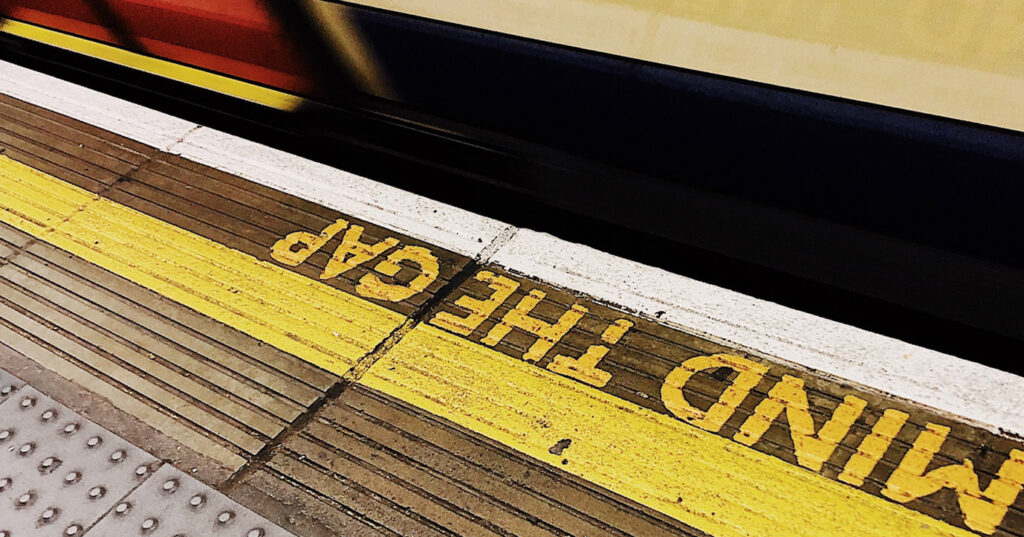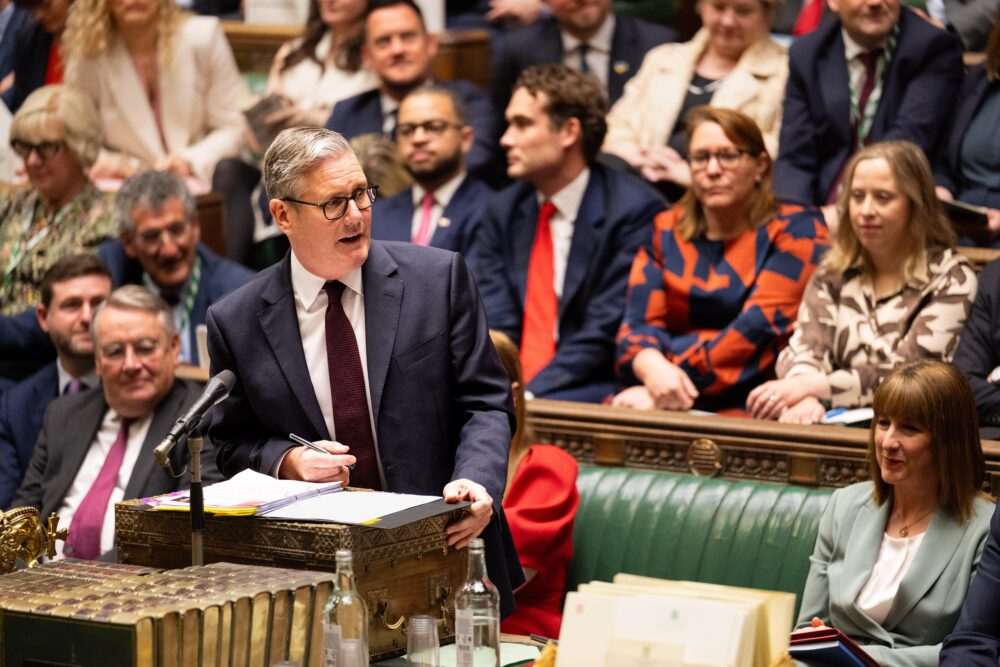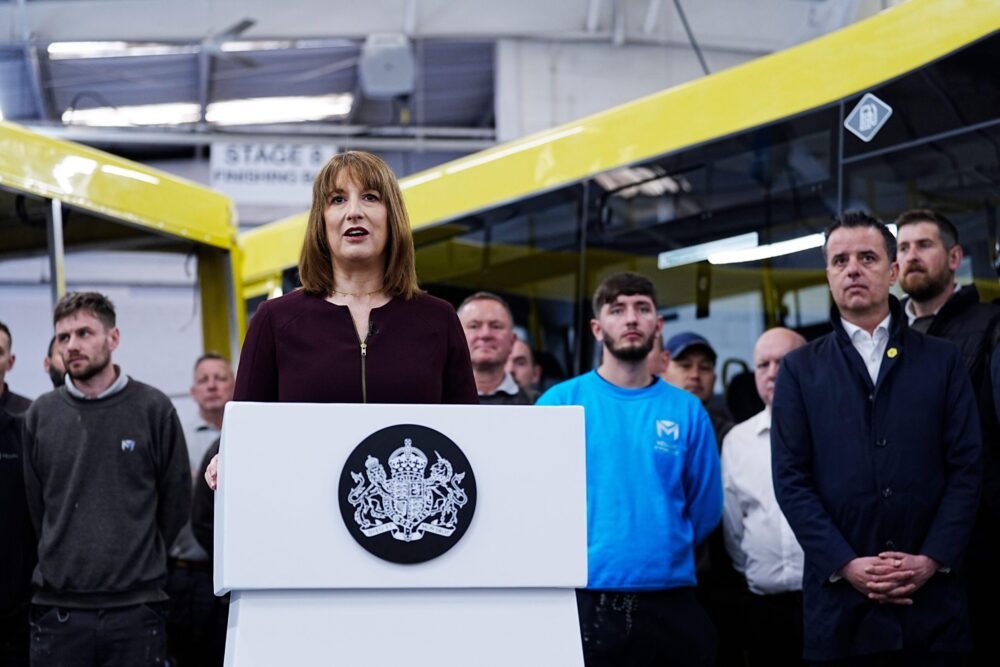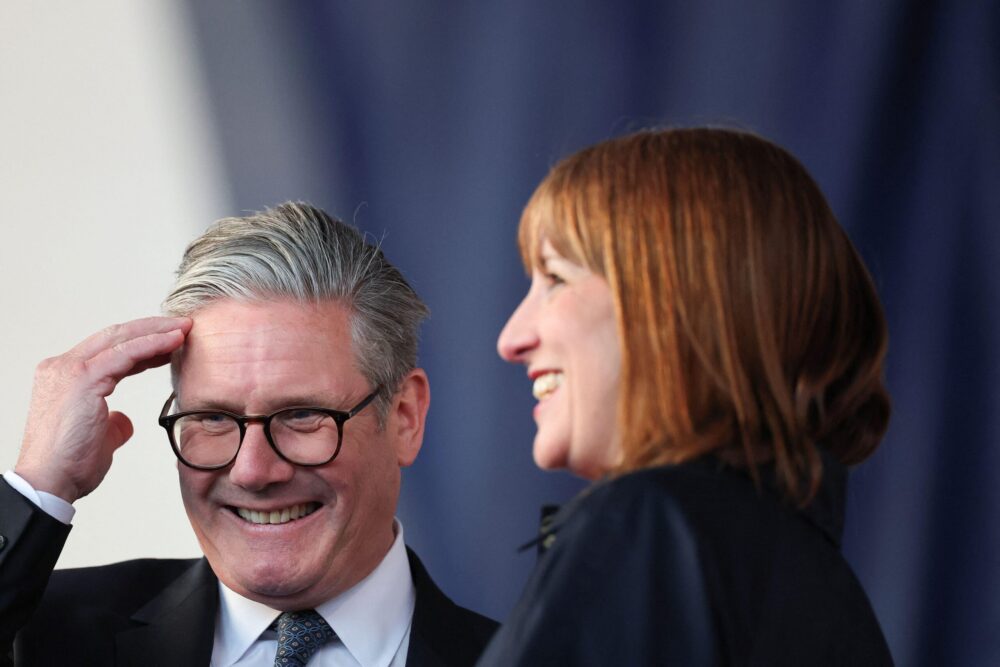
This article first appeared in the Mail on Sunday.
Ten years ago, when I was responsible for the Tories’ private polling as the party’s Deputy Chairman, we often asked voters to choose from a selection of words and pictures those which they most associated with the main parties. The Conservative selection would invariably include a picture of an aristocratic family standing outside an enormous house, and other indications that the party was for the rich and out of touch with ordinary people. Labour’s often featured a fat man lazing on a sofa, usually signifying those who lived this way rather than going to work.
Over the last month I have repeated this exercise – and if a week is a long time in politics, in terms of the party brands the last decade might as well not have happened. For the Tories, the posh family is still there, along with a shiny Jaguar, a pinstriped City worker and the words ‘untrustworthy’, ‘for themselves’ and ‘out of touch’. Labour’s lazy fat bloke has also survived the years, with the words ‘dangerous’, ‘confused’ and, like the Conservatives, ‘untrustworthy’ – though ‘for the many’ and a picture of an ordinary family were also chosen.
Not surprisingly, I found half of all voters saying they do not feel represented by any of the current parties. This has become a familiar refrain from anti-Brexit voters exasperated by Labour’s refusal to oppose leaving the EU. But despite complaints that Remain-supporting centrists have been abandoned, it is in fact Leave voters who are more likely to feel none of the parties really represents them. Indeed, only half of those who think none of the parties stands for them say this is because Labour and the Tories have moved to the extremes; almost as many say they have become too alike.
All of this suggests a huge opportunity to hoover up voters unimpressed with the choices currently on offer. To identify the most fertile political territory for such a venture I asked 8,000 voters about issues including immigration, welfare, business regulation, tax, public services and international affairs, and compared the findings to people’s answers on how close they felt to any of the current parties. We found a large cluster of people of broadly liberal views, who had wanted to remain in the EU and who felt the main existing parties had become too extreme. But that was not the only gap. In the opposite corner was another group who had very different views on the issues but felt their opinions were not currently represented because the parties were all the same.
In a further poll, I proposed two new parties with policies that might be expected to appeal to these two groups. ‘New Party A’ would emphasise community and society, be happy with current or higher levels of immigration, want more action to tackle climate change, support aid to poorer countries, promote rehabilitation in the criminal justice system, strongly support rights for same-sex couples and favour international co-operation, including the closest possible links with the EU after Brexit. ‘New Party B’ would aim to reduce immigration, take a tougher line on law and order, spend the international aid budget in the UK instead, prefer the UK to act independently with few formal ties to the EU after Brexit, and argue that the threat of climate change had been exaggerated, that traditional values had been wrongly neglected and that the government had become too much of a nanny state. When I asked people how they would vote in an election with these new entrants standing against the current players, the liberal ‘New Party A’ did well, with 24% of the vote, including nearly a third of 2017 Labour voters and nearly half of Lib Dems. But they were pipped at the post by the much more conservative ‘New Party B’, with 27%, including more than four in ten 2017 Tories and nearly half of Leave voters.
It is pretty fanciful to suppose that this could happen at the next election, with the Conservatives and Labour reduced to third and fourth place. But it demonstrates that there is a real appetite for credible alternatives – and that the gap in the political market is not only in the liberal centre.
But for a new movement, having the right polices is not even half the battle. Few had much faith in political promises before, but if sceptical voters have learned one thing from the Brexit debacle – in which politicians have seemed unwilling or unable to enact the result of a referendum they pledged to heed – it is that a manifesto is not worth the paper it is printed on. Indeed, when we asked what their ideal party would be like, the answers were words like ‘honest’, ‘accountable’, ‘trustworthy’ and ‘realistic’. While those who think the parties are too extreme are usually talking about policies, those who think they are too alike usually mean they are remote, divided, and never do what they say they will. Even the principled defectors of the Independent Group had committed the same old political sin: to be elected on a clear platform and then abandon it.
Some think politics is failing because the wrong people are now in charge, pursuing the wrong policies on behalf of the wrong voters. But just as many think the problem is that the links between parliament and the people, promise and delivery, what people want and what they get, have been all but lost. It is a tale that echoes across the Atlantic. Many of those who want to recast the political order fondly imagine being led by a synthesis of Chuka Umunna and Sarah Wollaston; they might just as easily see the rise of our very own Donald Trump.


